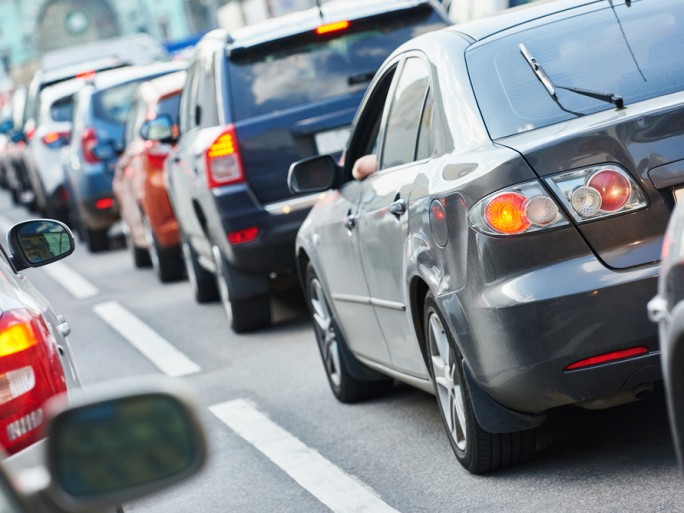Driverless Cars ‘Could Actually Stop Crashes’

Institution of Mechanical Engineers report claims 95 percent of accidents are caused by human error
The introduction of driverless cars to Britain’s roads will lead to a major drop in accidents and provide a major boost to the nation’s economy, a new report has claimed.
The Institution of Mechanical Engineers (IMechE) says that driverless cars would add £51bn a year to the UK economy due to fewer accidents, improved productivity and increased trade.
It claims that 95 percent of all road accidents are caused by some form of human error, which could be cut out nearly entirely by the advent of self-aware smarter cars.
Smarter
 The IMechE still believes that getting these vehicles on to UK roads is a major work in progress, putting the earliest estimate for a fully autonomous fleet of cars on UK roads as 2050.
The IMechE still believes that getting these vehicles on to UK roads is a major work in progress, putting the earliest estimate for a fully autonomous fleet of cars on UK roads as 2050.
This is due to around ten years for getting a new technology on to the production line, with a further ten to fifteen years to get the majority of the UK fleet changed.
In order to accelerate this, the IMechE is now urging the Department for Transport to address the safety issues surrounding mixed road use, including looking at how autonomous vehicles can be integrated onto Britain’s road network with appropriate road signage and markings in place or updated.
It also says that all car dealerships and garages must work with vehicle manufacturers to ensure that they can provide adequate information, and give the required training, to any new purchaser of a vehicle, in order to minimise the risk of any misuse.
“We need to urgently resolve legislative, technological and insurance issues to help encourage the rollout of autonomous or driverless vehicles,” said Philippa Oldham, head of transport at the IMechE.
“There needs to be much more action from Government to help integrate driverless vehicles into the current UK transport network. This will include updates and standardisation to road signage and road markings to enable these driverless vehicles to operate in the safest way possible.
“There is also a role for the car dealerships and vehicle manufacturers as they will need to clarify how they will provide the greater level of after-sales care, technical updates and upgrades that will be required to ensure the safe introduction of these vehicles on our roads.
“Much more work needs to be done to clarify regulation and insurance issues, such as where liability lies in case of an accident.”
Do you know all about the Internet of Things? Take our quiz!